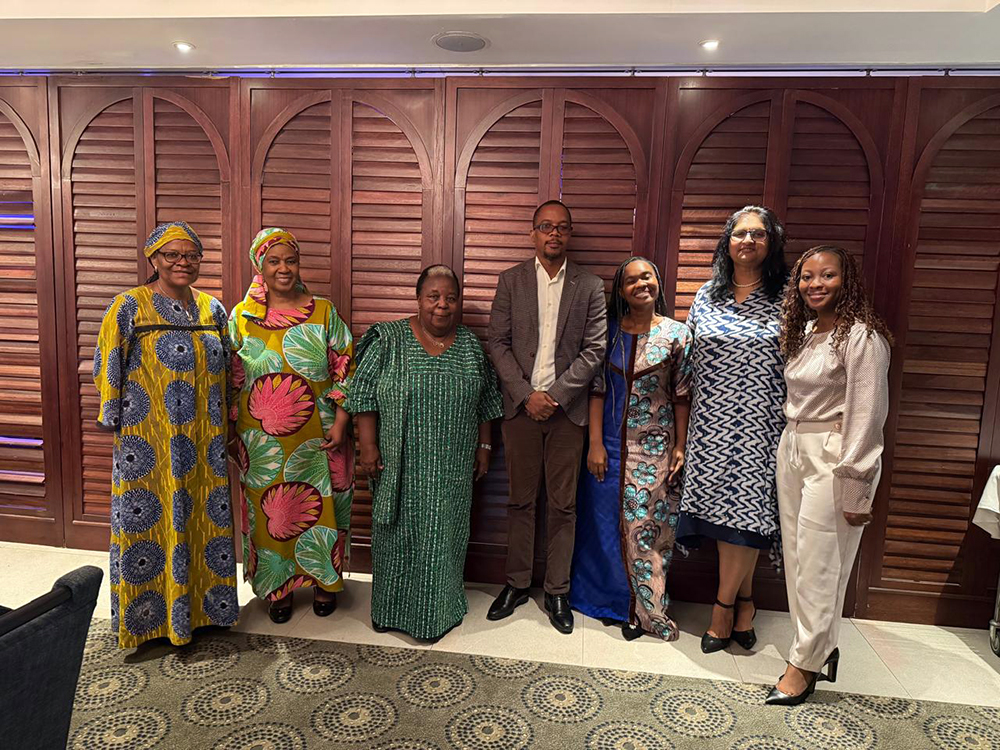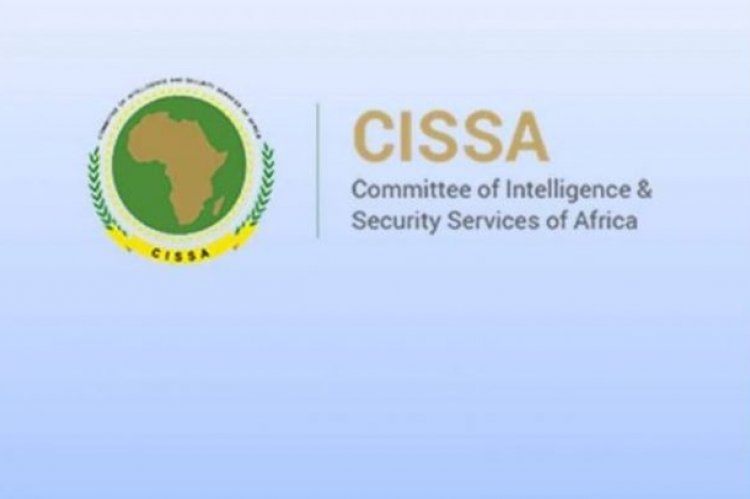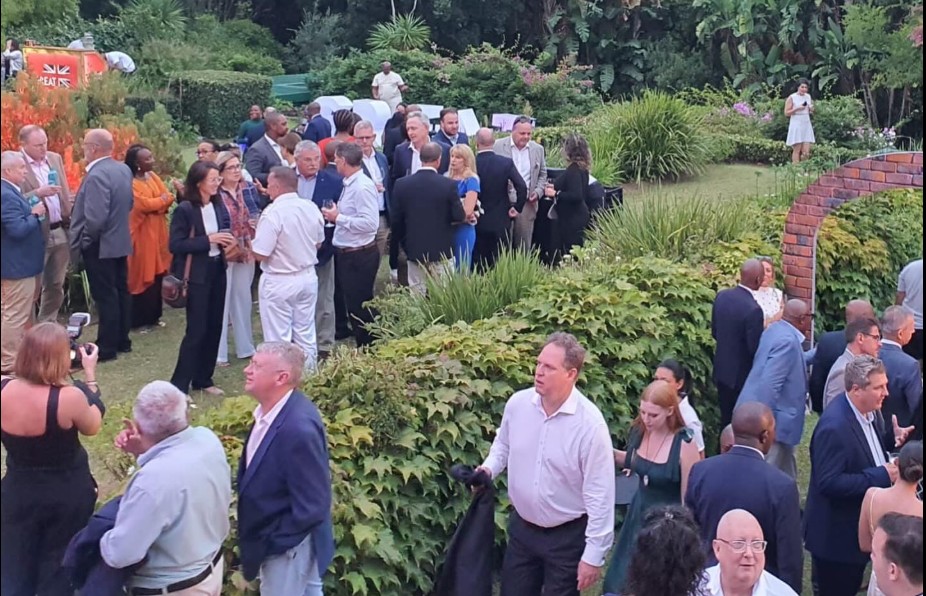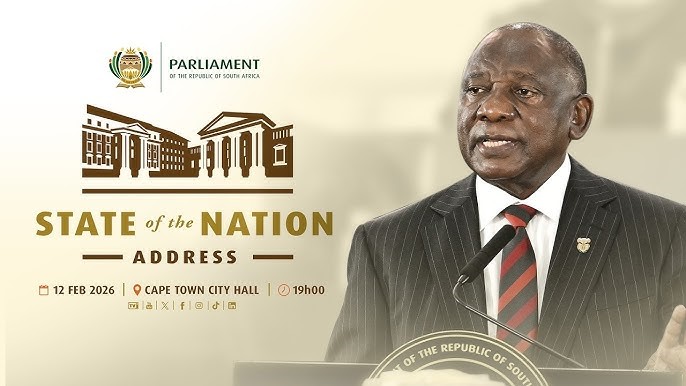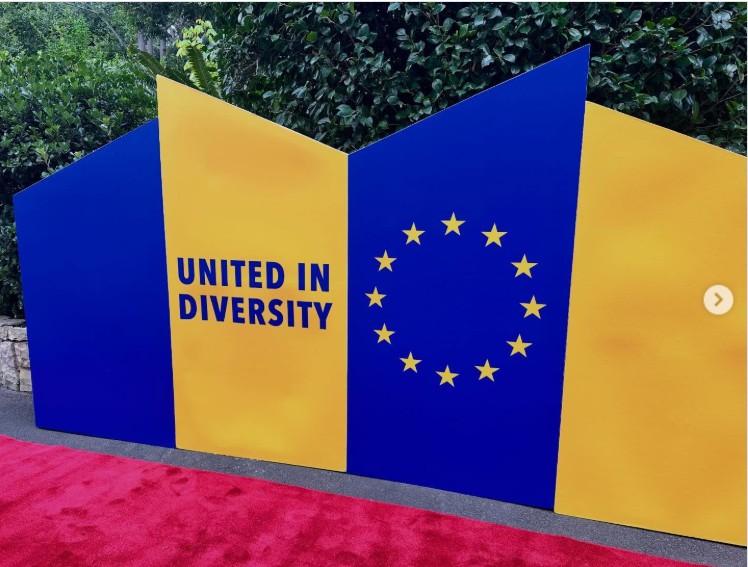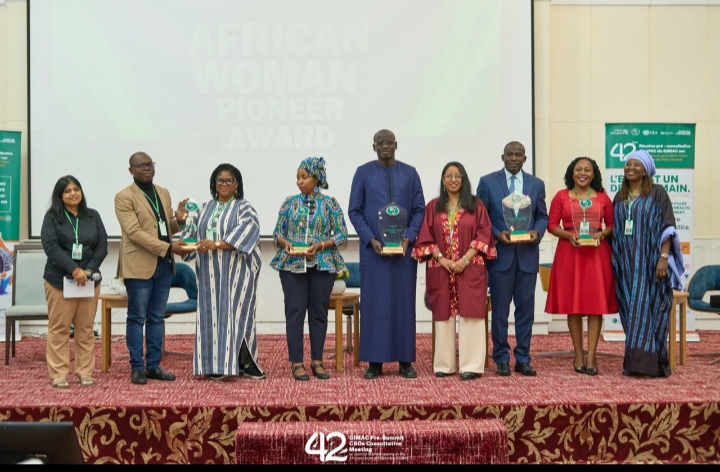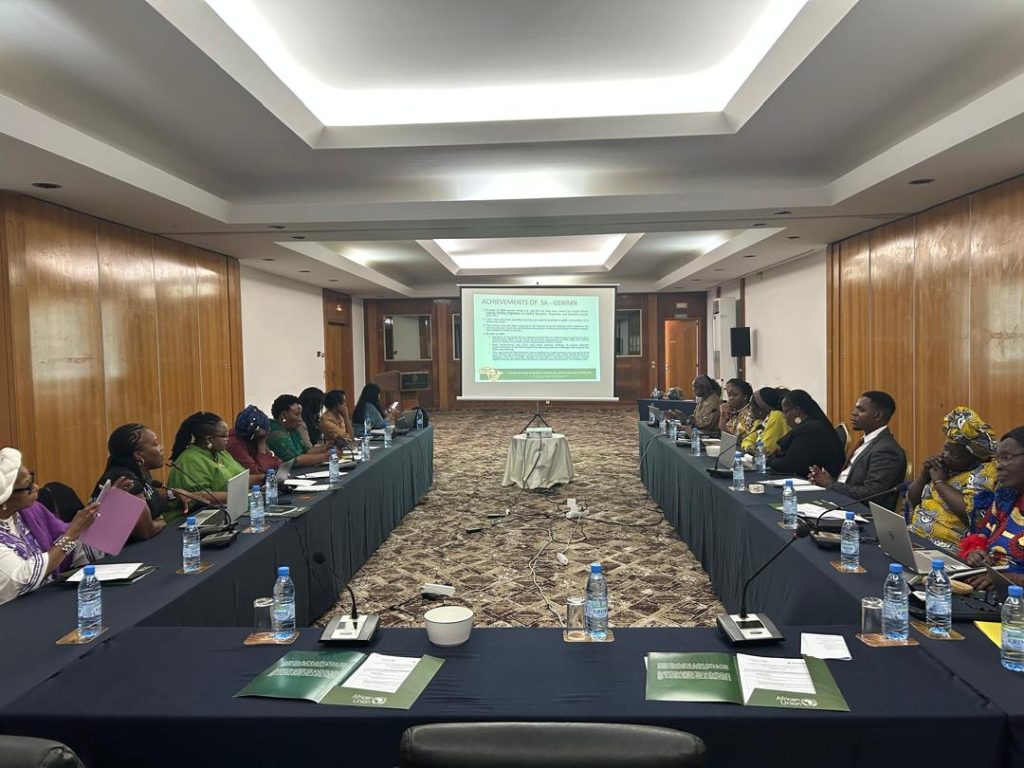A high-level delegation of distinguished women leaders from across Southern Africa concluded a Solidarity Mission to Mozambique from 1–3 April 2025, reaffirming regional commitment to inclusive peacebuilding and participatory governance. Facilitated by ACCORD in partnership with the Foundation for Community Development (FDC), the Institute for Multi-Party Democracy (IMD), and the MASC Foundation, the mission focused on elevating women’s voices and leadership in the country’s post-conflict recovery and reconciliation process.
The members of the Southern Africa Women’s Solidarity Mission, led by Dr. Gertrude Mongella (Tanzania), included Dr. Ameenah Gurib-Fakim (Mauritius), Former President of Mauritius; Dr. Phumzile Mlambo-Ngcuka (South Africa), Former United Nations Under-Secretary-General and Executive Director of UN Women, and Former Deputy President of South Africa; Dr. Nkosazana Dlamini-Zuma (South Africa), Former Chairperson of the African Union Commission and seasoned Cabinet Minister; Dr. Brigalia Bam (South Africa), Former Executive Programme Secretary for the Women’s Department of the World Council of Churches, Former Member of the AU Panel of the Wise, and Former Chair of the Independent Electoral Commission of South Africa; Minister Monica Mutsvangwa (Zimbabwe), Minister of Women Affairs; Ms. Mpule Kgetsi (Botswana), African Union Youth Ambassador for Peace for Southern Africa; Ambassador Morina Muuondjo (Namibia), Diplomat and Acting Director at the International Women’s Peace Centre; Ms. Pravina Makan-Lakha, Advisor on Women, Peace and Security; and Ms. Joyce Mends-Cole (Liberia), Advocate for Gender Equality and Humanitarian Leader.
Throughout the three-day mission, the delegation engaged in dialogue with national stakeholders and community leaders to deepen collaboration and encourage the full inclusion of women in Mozambique’s peace and governance efforts. A central moment of the visit was the “Voices from the Ground” roundtable, where local women spoke candidly about the realities they face, from political underrepresentation to the lingering trauma of displacement and post-election instability. One councillor noted that while more women are gaining seats at decision-making tables, influence remains elusive, underscoring the call for reforms that move beyond representation toward meaningful participation.
In discussions with faith-based actors, participants explored the social consequences of extractive industries on communities, with appeals for greater investment in spiritual resilience, local mediation training, and community healing. Dr. Mlambo-Ngcuka emphasised the intergenerational dimension of peacebuilding, rooted in the African value of Ubuntu, and the need to cultivate leadership across all age groups.
The delegation also held strategic consultations with government officials, including a meeting with President Daniel Chapo. These engagements centered on shared commitments to inclusive governance, youth empowerment, and national dialogue processes that reflect the diversity and resilience of Mozambican society. Civil society representatives echoed these priorities, where calls were made for continued reforms, stronger protections for land and electoral rights, and sustained efforts to ensure justice for those affected by violence and exclusion.
At the close of the mission, the delegation outlined a set of actionable priorities to guide ongoing collaboration. These include the institutionalisation of women’s leadership through structured national and local dialogue platforms; the integration of psychosocial support into recovery and peace efforts, particularly through partnerships with faith-based networks; and the documentation and dissemination of Mozambique’s experiences to inform women-led peacebuilding across the region.
This solidarity mission affirmed the unwavering commitment of Southern Africa’s women leaders to shaping pathways toward peace, justice, and inclusive governance. With the support of ACCORD, FDC, IMD, and the MASC Foundation, the delegation demonstrated that women are not only advocates for peace but also architects of transformation. As Mozambique continues its journey of national healing, the mission’s message resonates with clarity and resolve: unity, justice, and women’s leadership are essential pillars for lasting peace.

